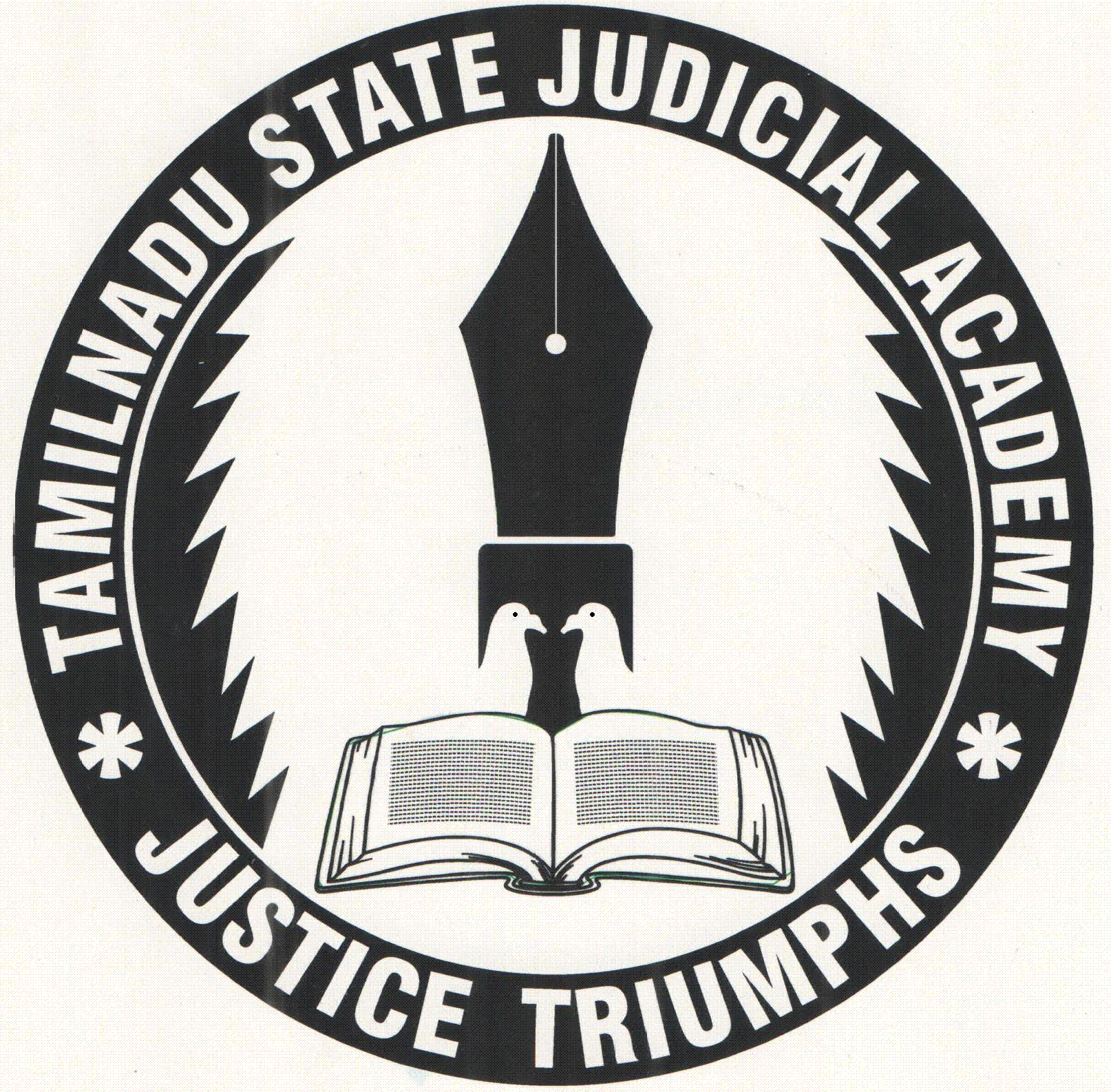Frequently Asked Questions
by
Thiru S.Meenakshisundaram, Principal District Judge, Tanjavur
F.A.Q:- 1
Husband filed petition u/s 12 of Hindu Marriage Act to declare his marriage as null and void, on the ground that his wife was insane even before the date of marriage and the consent was obtained by fraud. Whether application u/o 32 Rule 15 C.P.C. is necessary? If no application was filed and the proceedings continued without any such application, What would be the effect of such proceedings held?
ANSWER:
In such cases application u/o 32 Rule 15 C.P.C. is necessary. If no application was filed and the proceedings continued without any such application, then the entire proceedings becomes a nullity. The relevant case law on this point, decided by a Division bench of our Madras High Court is given hereunder. MADRAS HIGH COURT 2008 (2 ) TLNJ 536 D.B.
HINDU MARRIAGE ACT 1955- Section 12 - Husband filed petition seeking declaration that his marriage is null and void as consent obtained by fraud, wife was insane and pregnant at the time of marriage – Family court as trial court granted the relief to the husband and appeal by wife – the High court held that a duty is cast upon the court to find out, either on the basis of the pleadings or when brought to notice, the person before the court is incapable of protecting her own interest or not – Continuation of proceedings on the allegation
(assumption? ) wife as unsound mind but without application under order 32 rule 15 of C.P.C is nullity – appeal allowed.
F.A.Q. :- 2
Whether a suit for prohibitory injunction not to issue patta to some one and also for a mandatory injunction to issue for patta to the plaintiff is maintainable in a Civil Court?
ANSWER:
No, such kind of cases are not maintainable in Civil Court as there is a specific bar under section 14 of T.N. Patta pass book Act. The supported case law is given here under.
(2008) 1 MLJ 1012 = 2008 (1) TLNJ 228 (civil)
Madras High Court
The Distrtict Collector, Tiruvannamalai and others
Vs.
Jayaseelan
C.P.C.Section 9 & Order 21 Rule 22 & 35. - Exparte Decree was obtained for prohibitory injunction to issue patta to some one and also for a mandatory injunction to issue for the decree holder – the petition to set aside exparte decree was dismissed and execution petition was filed and ordered – on revision the High Court held that in view of section 14 of Tamil Nadu Patta Pass Book Act the suit is bared and not maintainable under section 9 CPC – therefore further held the decree cannot be executed – Revision allowed with observation.
F.A.Q.: 3
Whether the amount of compensation payable to the dependents of the victim of a fatal accident, can be ordered to be attached in execution of a money decree against the estate of the deceased?
ANSWER:
No, the amount of compensation payable to the dependents of the victim of a fatal accident is not liable for attachment in execution of a money decree against the estate of the deceased The compensation amount does not form part of the estate of the deceased in terms of section 52 of C.P.C. and outside the scope and ambit of section 60 of C.P.C. The case law on this subject was decided by a Division bench of our Madras High Court, is given hereunder.
2003 (1) T.L.N.J. 283
MADRAS HIGH COURT ( D.B.)
R.Jayasimha Babu and N.V. Balasubramanian JJ
C.P.C. Sections 52 and 60 – Attachment of the amount of compensation payable to the dependents of the victim of a fatal accident – Not liable for attachment in execution of a money decree against the estate of the deceased – the compensation amount does not form part of the estate of the deceased in terms of section 52 of C.P.C. - the amount of compensation is outside the scope and ambit of section 60 of C.P.C. - In order that a property should be regarded as part of the estate of the deceased the following tests should be satisfied a)The property must be in existence at any time before the death of the deceased b)The deceased must have beneficial interest,be it in praesenti or contingent, in the property c)The deceased must be in possession and control, be it actual, constructive, or beneficial, of the property and d)The deceased must have power to dispose of such property. The judgment of the single judge of the Madras High Court reported in AIR 1986 Madras 273 is approved.
F.A.Q.:- 4
Whether passing of final decree in partition suit without passing a preliminary decree justified ?
ANSWER:
In cases where there is no dispute regarding shares and parties agreed to take specific portions, the court can pass a final decree straightaway without passing a preliminary decree on the basis of agreement between the parties.
The recent case law on this point is reported in 2009 (4) C.T.C. 371
F.A.Q.:- 5
Whether the accused in a criminal case is entitled to produce documents at the time of framing charges and plead for discharge?
ANSWER
No, The accused in a criminal case is not entitled to produce documents at the time of framing charges and plead for discharge and the court is not bound to consider those documents at that stage.
The case law on this point was reported in 2005 (1) C.T.C. 134 (SUPREME COURT, FULL BENCH). The earlier judgment of a division bench of Supreme Court on the same point reported in (1996) 9 SCC 766 ( Satish Mehra Vs Delhi Administration and another), has been overruled by the full bench of Supreme Court.
F.A.Q.: 6
Whether the court can allow an application for amendment of the plaint, when the relief sought to be added by amendment is allegedly barred by limitation?
ANSWER:
The court may in it's discretion allow an application for amendment of the plaint even where the relief sought to be added by amendment is allegedly barred by limitation.
The case law on this point has been reported in 2008 (3) L.W. 53.
F.A.Q. 7
Whether a document which is neither registered nor duly stamped can be received in evidence?
ANSWER:
No. A document, if neither registered nor duly stamped, cannot be received in evidence even for collateral purpose.
The recent case law on this point has been reported in 2009 (3)TNLNJ 275
F.A.Q.: 8
Test Identification parade taking place in the court for the first time. No Test Identification parade was conducted during investigation / arrest. Whether conviction can be sustained on the basis of such Test Identification?
ANSWER:
Although Test Identification parade for the first time in court is permissible in law, the principle should be applied having regard to the facts and circumstances of the case. The accused persons having been identified for the first time in the court, it is difficult for any court to rely upon the same and that too after such a long time.
The case law on this point has been reported in (2009)6 SCC 748.
F.A.Q.: 9
The Public Prosecutor concluded the prosecution evidence by dispensing some of the witnesses mentioned in the witnesses list. In such situation Whether the trial court has any power to order for examination of more witnesses from the list of witnesses?
ANSWER:
Yes. Even after the Public Prosecutor concluded the prosecution evidence by dispensing some of the witnesses mentioned in the witnesses the trial court has got power to order for examination of more witnesses from the list of witnesses on the prosecution side. The case law on this point has been reported in (2009) 2 SCC Crl. 971.
F.A.Q.:10
Whether non explanation of superficial injuries on the accused persons can be considered as a ground disbelieve the case of prosecution?
ANSWER:
No. Non explanation of injuries on the accused persons, by the prosecution will not affect prosecution case, where injuries sustained by the accused persons are minor and superficial or where the evidence of prosecution is so clear, cogent. The case law on this point has been reported in (2009) 2 SCC Crl. 1132 @1139
* * ** * |


